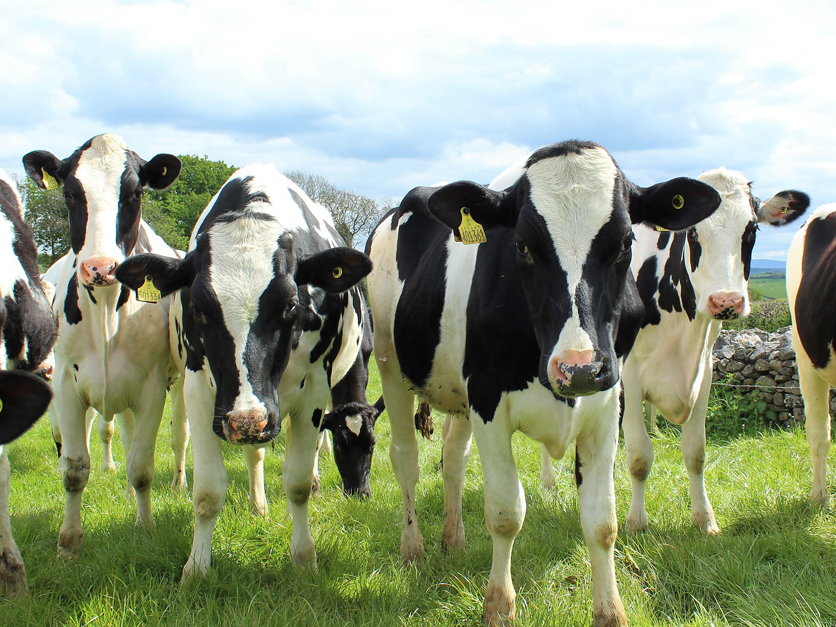The Agricultural Marketing Service needs to strengthen its oversight of checkoff programs to ensure consistent and clear methodologies are employed to help evaluate results, the Government Accountability Office says.
Among the GAO report’s findings: AMS has not ensured that the programs provide information such as budget summaries and program evaluations on their websites, “although the agency’s program guidelines recognize that transparency of check-off funds is critical,” GAO said. In addition, “AMS has not consistently reviewed subcontracts during its management reviews.”
Independent economic evaluations that looked at the effectiveness of the programs “have generally shown positive financial benefits,” the report said, noting that for the eight programs it reviewed, “benefits ranged from an average of $2.14 (for fluid milk) to $17.40 (for pork) for every dollar invested.”
But the methodology used in the evaluations differs across the programs, making it difficult to compare them. “Some evaluations did not account for the effects of promotion from competing commodities, which could overstate the programs’ benefits,” GAO said.
In addition, “Representatives from one industry organization we interviewed said that having the information in a consistent format could help ensure that stakeholders could compare information from one evaluation to the next for a given check-off program,” the report said.
The GAO report noted that AMS guidelines say that the checkoff programs are supposed to post annual budget summaries on their websites, along with three other documents: the bylaws and policy statements, annual reports, and the independent economic evaluation of effectiveness.
“All eight check-off programs posted their annual reports online,” GAO said. “Four of the checkoff programs, however, did not post to their websites at least one of the remaining documents – the budget summary, bylaws, or independent economic evaluation.” But executives interviewed by GAO from the programs that do not post all four documents on their websites said they would supply the information to assessment payers if contacted – noting that not all checkoff contributors have internet access.
The AMS workload has become much more daunting and complex since the first checkoff - the Cotton Research and Promotion Act - was approved in 1966 and 21 others followed. For example, in dairy (both producer and processor programs) AMS has 5 people to review about $350 million in content and contracts, explained an industry source. “Over 250 contracts and subcontracts are reviewed. This is in addition to ad approval, message content approval and responding to various Freedom of Information Act (FOIA) requests. For social media like Twitter and Facebook, some boards have preapproved messaging that can be used. All messaging that is not preapproved needs to be approved prior to distribution.”
AMS marketing specialists told GAO that part of their workload problem is their need to monitor the increasing use of social media with existing staff. “A marketing specialist for one check-off program approved over 3,000 items, including social media for promotional and research materials, in a six-month period,” GAO said. “According to this marketing specialist, depending on the complexity of the item needing approval, there could have been dozens of communications between the specialist and the check-off board staff.”
Compliance with the Freedom of Information Act also is time-consuming, GAO said, citing “senior agency officials” who said one FOIA request “resulted in the check-off board and AMS providing approximately 10,000 documents to the requester.”
AMS issued a brief response to GAO saying it generally agreed with the recommendations. Asked for additional comment, an AMS spokesperson said it “agrees with the GAO recommendations and will file a Statement of Action with GAO which will provide responses to the recommendations with specific actions to be taken.”
#30
For more news, go to: www.Agri-Pulse.com


